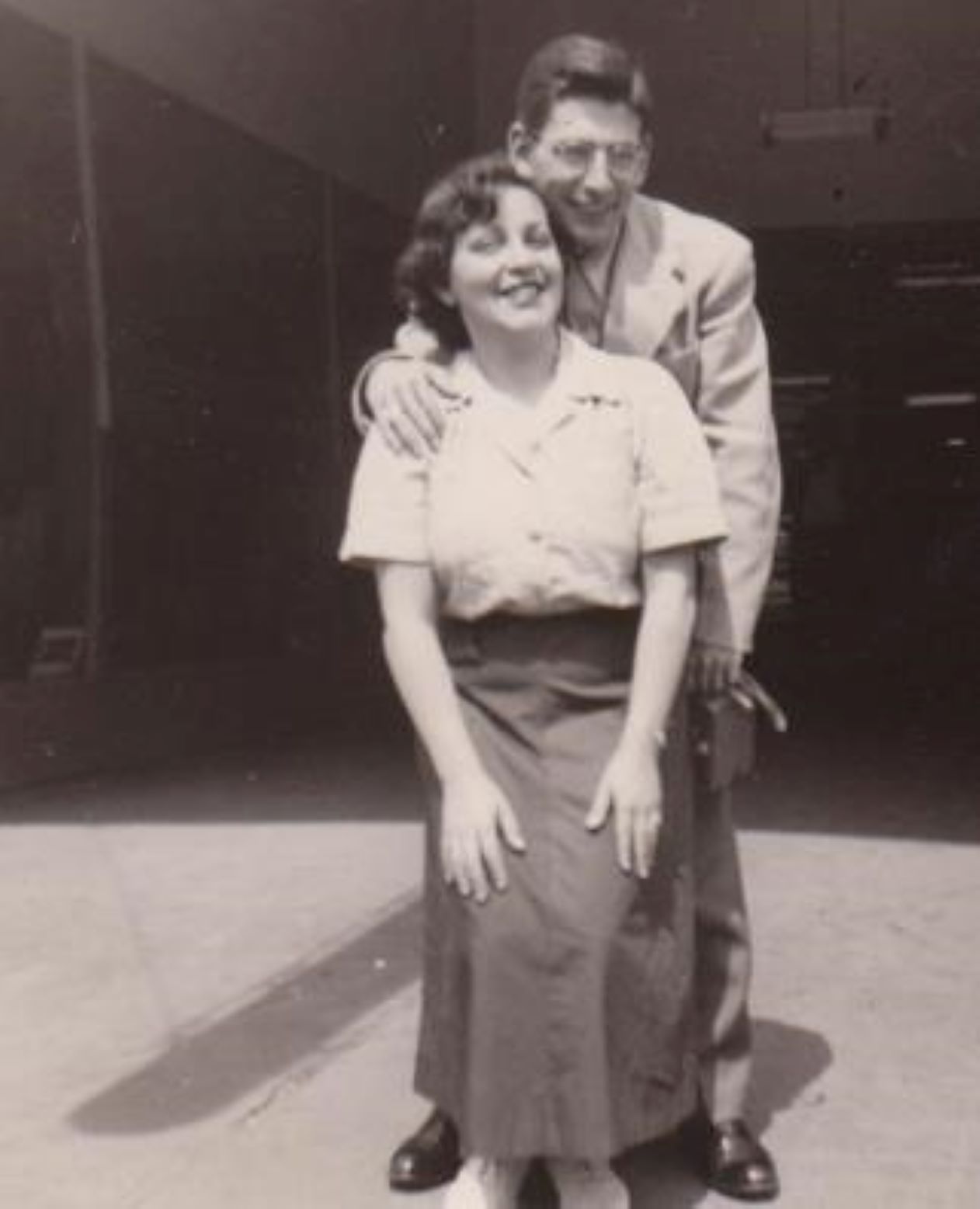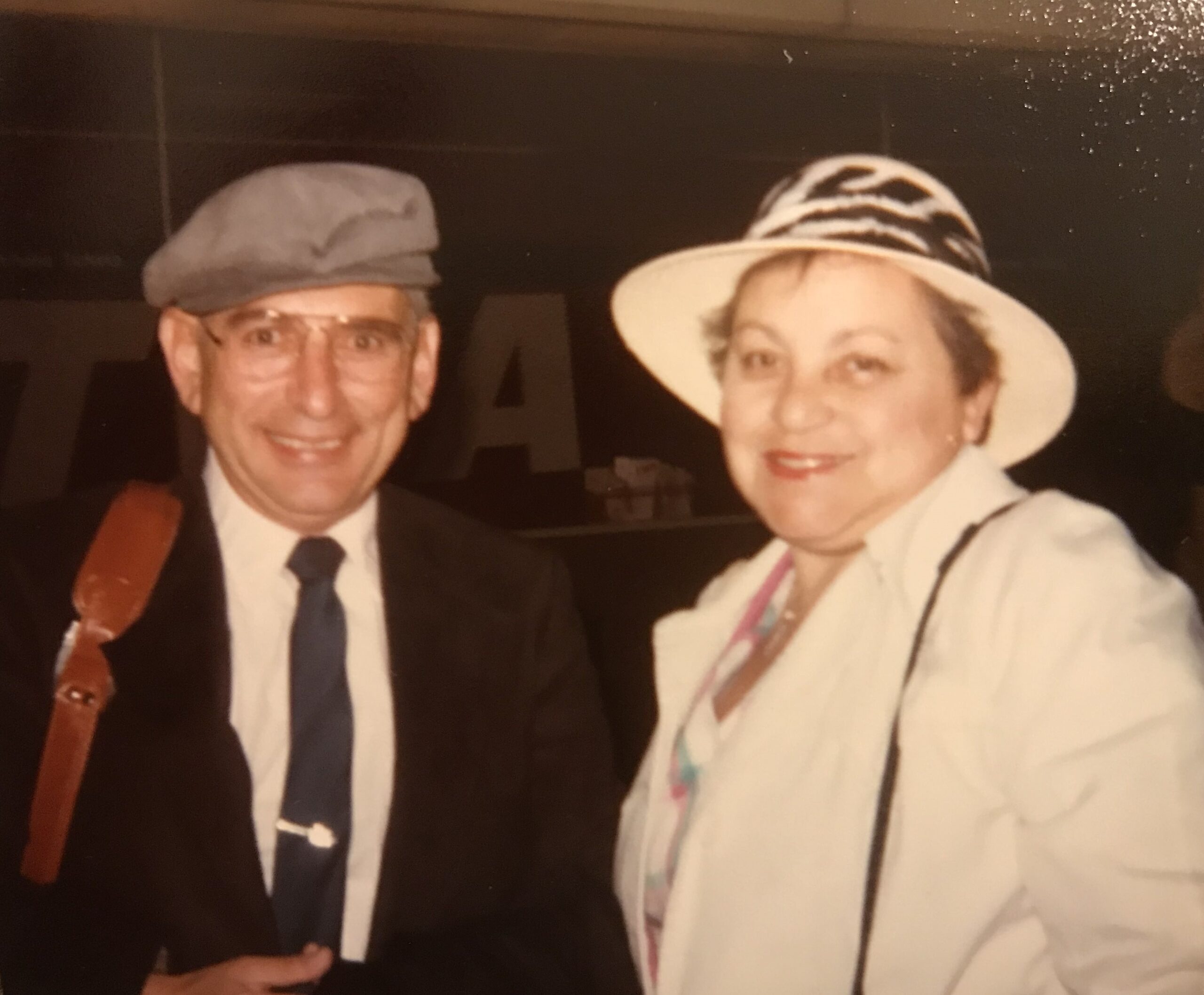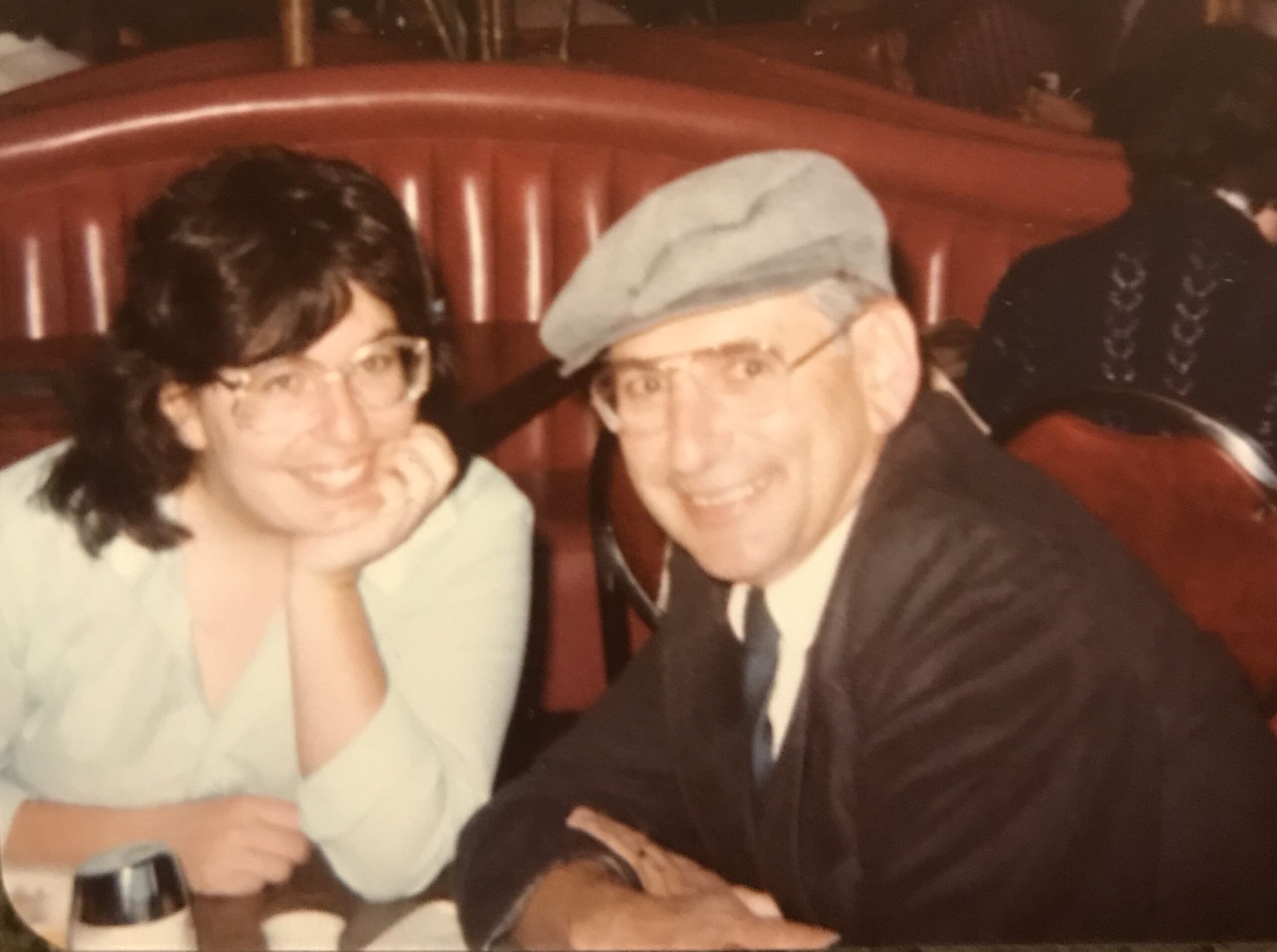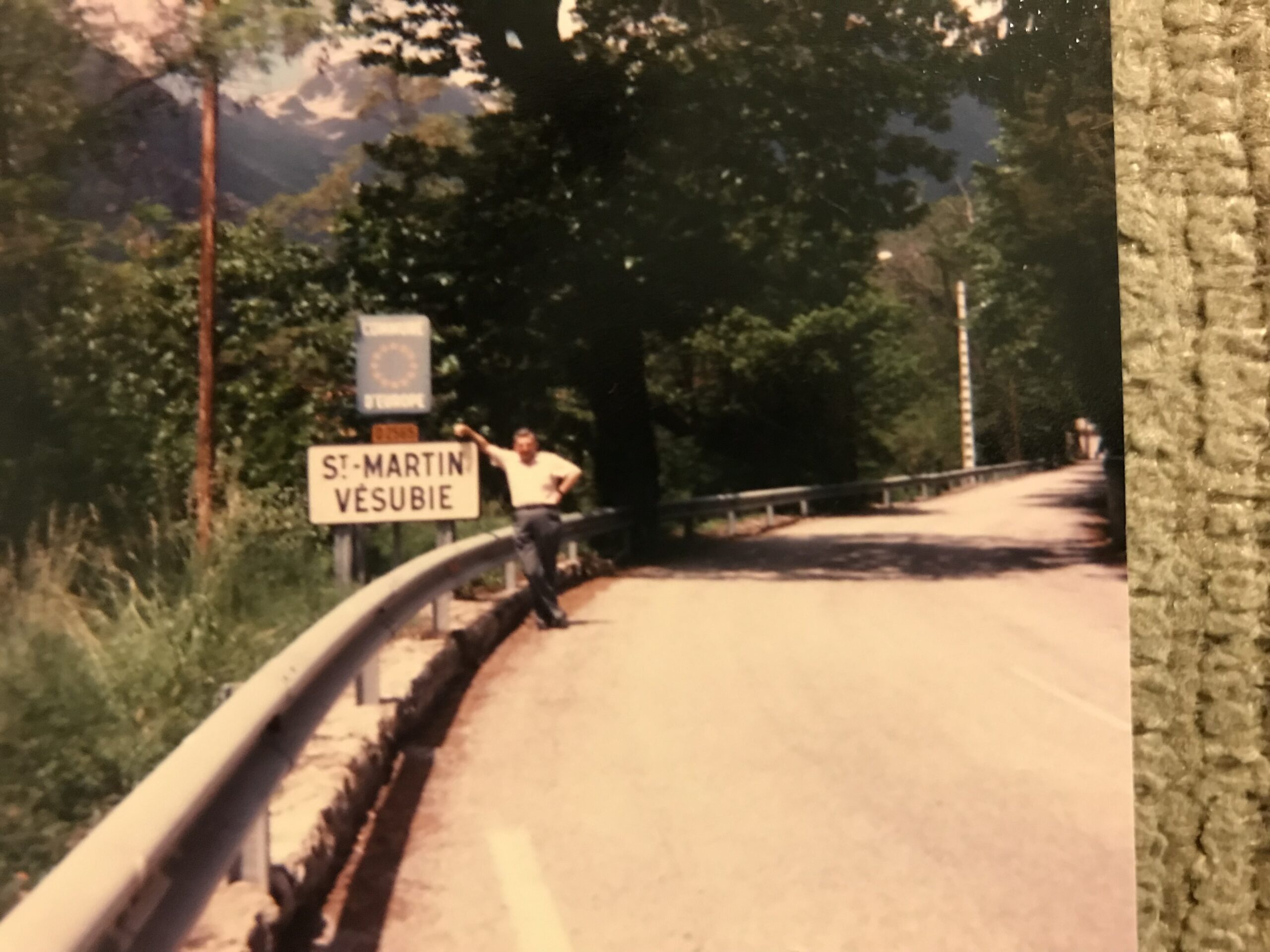My father, David Galant, and his family were among the Jewish families in forced residence in Saint Martin Vésubie in 1943. He was very close-mouthed about everything that happened; he either would not, or could not, talk about it except with fellow survivors who completely understood. But he realized that witnesses like himself were growing older, and that their lived experience was becoming distant history. He began speaking to school groups and even interviewed with the United States Holocaust Memorial Museum’s Oral History project (see
collections.ushmm.org/search/catalog/irn512340).
He asked me to write his memoirs and to title them “Lest We Forget“: a statement of purpose to ensure that we remember, that this history is not lost. Even so, interviewing him and getting him to speak about his experiences was quite difficult. His descriptions were so spare, so matter of fact, that it sometimes felt like a cruelty to keep going. We self-published his memoirs in July 2012. He passed the following year, March 3, 2013. I’m grateful to read other families’ stories in this newsletter and, thanks to David Bernheim’s finding and contacting me, to know that this community of experience and survival exists. Hopefully I can join the Marche one year.
My father was born in Paris in 1927 to Jewish immigrants. The family had been in Poland, then immigrated to Germany during the waning days of the Weimar Republic. In 1924, when conditions for Jews in Germany worsened to dangerous, my grandparents Yehudah and Rose moved with their three German-born children to the only country that would easily accept them: France. The family was designated as stateless Russian refugees. But since my father was born in Paris, he was a French citizen. His citizenship made a difference during the Nazi campaign against French Jews.
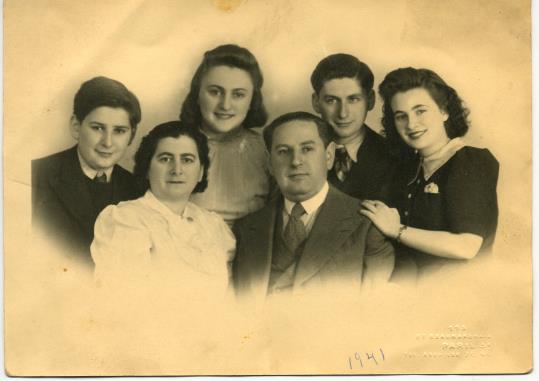
My father was 14 when Paris fell to the Nazis in 1941. Yehudah decided that his only job was to keep the family together. That decision guided his actions for the rest of his life. My father’s family — Yehudah and Rose, their children Betty, Renee, Adolphe, and my father David — escaped Paris and made their way to Nimes. Life settled into an almost-normal routine until April 1943, when the Italians put all Jews in their jurisdiction into forced residence in Saint Martin Vésubie.
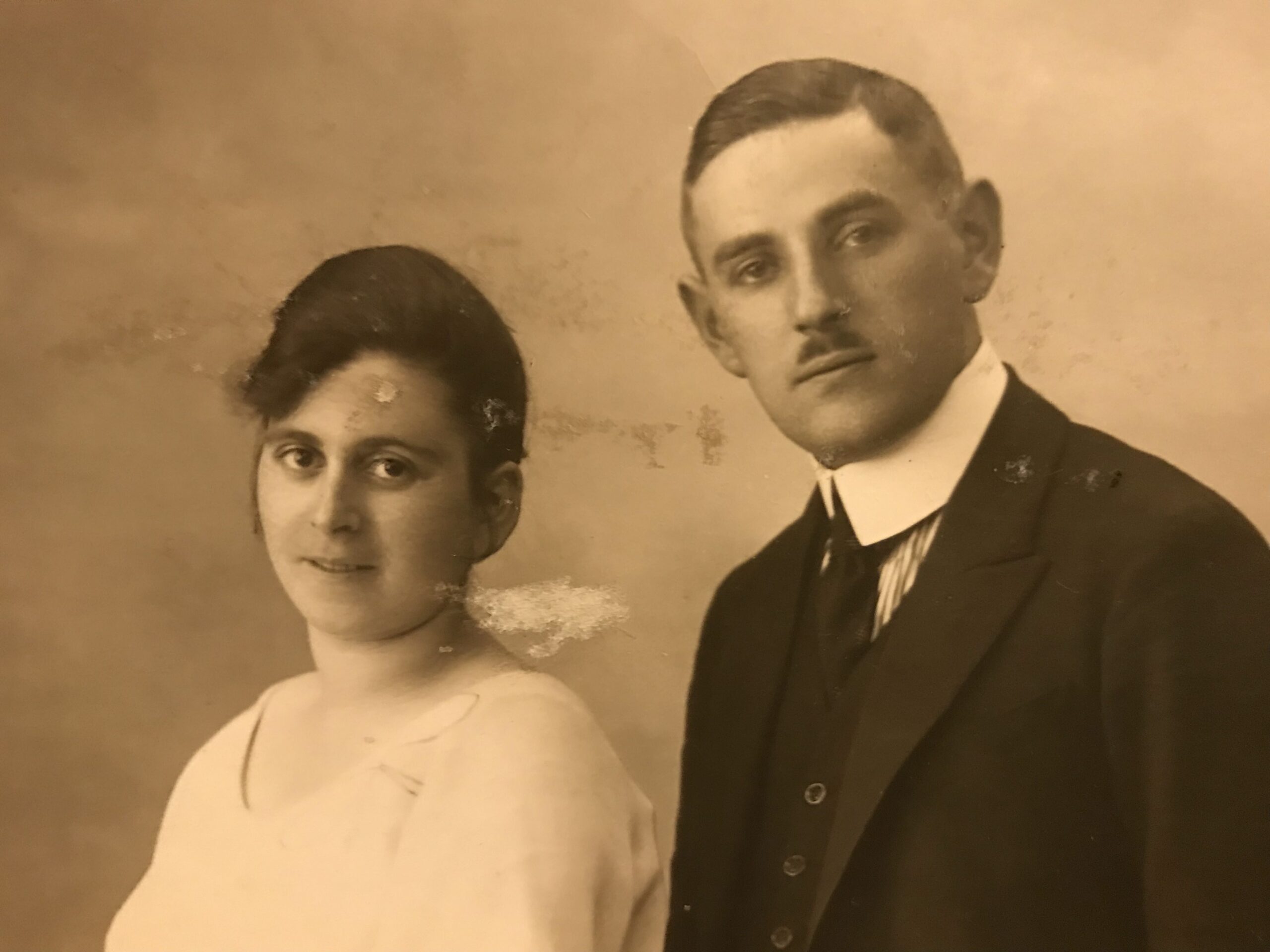
My father said that it wasn’t bad; there were lots of other Jews there. Many were people they knew from the Parisian Jewish community. They were free to come and go as long as they presented themselves to the carabinieri for the twice-daily check-ins. They felt so comfortable under the Italians’ jurisdiction that they encouraged Parisian friends who were still in hiding to join them. (Their friends declined.) The family even celebrated some wonderful events: the marriages of my father’s sisters and the birth of his sister Renee’s son, Daniel. But after the Italians surrendered in September 1943, the Jewish residents of Saint Martin Vésubie were warned that things were about to change. Our family was among the 1,000+ Jews who made the trek over the Alps on foot. They hoped to get to Cuneo in Italy, there to board a train to Rome and reach safety with the Allied troops.
The Jewish families were divided into three groups. Our family was in the first group. My father recalled a miserable week on the trail: carrying what they could, sleeping “rough” wherever they were at nightfall. There was some relief when they reached the Col de Fenestre, where Italian partisans (formerly soldiers) put them up in the barracks for the night. The next morning the families continued to Cuneo, but they never made it. The Nazis had intercepted orders from the Resistance in Nice. These families were met by the 12th Adolf Hitler Panzer division. They were imprisoned in barracks in an old Italian garrison in Borgo San Dalmazzo.
While in Borgo they were able to do as they wished within the garrison confines, even setting up a kitchen and a school for the children with community members stepping up to teach. However, the close watch of the Nazis prevented their keeping any Jewish traditions. When the weather turned in November, the families were put on a train to Drancy and processed. On December 7, 1943, they were packed into closed freight cars, 150 people per car, with one bucket for waste, some bread and water, and no place to sit. They were sent on to Auschwitz.
My father was the only one of his immediate family to survive. His parents, sisters, and infant nephew Daniel were sent to the gas chambers on arrival at Auschwitz. His brother Adolphe, realizing that he himself wasn’t going to make it, told my father: “You are the last one. We do not die.” Reflecting on those times, my father added that to survive, “You don’t wait for death. You wait for liberation.” He survived two years in those camps.
After liberation, my father returned to Paris, but he struggled. He rejected Judaism and refused to go to synagogue. Staying in France was too difficult: memories, his grief, resentment and survivor’s guilt, his lack of family or resources to restart his life, prevented his feeling at home in his own country. When his sister Renee’s former penpal, Malvine Hirsch, contacted him, he realized there was another option. Malvine was a Viennese Jew who had emigrated to the United States with her family in 1938. After the war, she monitored the newspapers’ lists of returnees, looking for familiar names. Through her, my father reconnected with family members who had emigrated to the States before the 1924 “Alien Exclusion Act”. They sponsored him and he arrived in the States in June of 1946. He was 19.
Joining his remaining family in Oakland, California and eventually meeting my mother Jean were at the center of my father’s recovery. They helped him to rejoin humanity and to return to Judaism after the Holocaust. Judaism had shaped him as a child, and the Jewish community in Oakland lifted him up as a survivor, a husband, and a father.
Thanks for including our story.
Risa Galant
“I’m originally from the Northern California coast but currently live in Seattle, Washington, where I was transferred for work in 2013. The coast near Half Moon Bay is still home, though, so my partner and I frequently travel between the two with our dogs. My work has been in high tech, from which I retired in 2022. We’re enjoying road trips, art projects, walks “with our dogs, and generally slowing our pace in life.
My brothers and I grew up knowing that our daddy’s family had been lost in the war. We would hear his nightmares when we were small. I was a teenager when I asked my father a seemingly simple question: “What happened?” My father hesitated, but then gave a short outline. I felt terrible as he had nightmares again for weeks afterwards. Quite outside of tech, I’ve been a writer since I was small. That is partly why my father asked me to write his memoirs towards the end of his life, but the other part is that I had asked that simple question so long ago: “What happened?” Our journey of memory and history started there.
Dad came back to visit Saint Martin Vésubie in 1986 with Mom. His family’s landlady was still there and they had a great reunion.“
